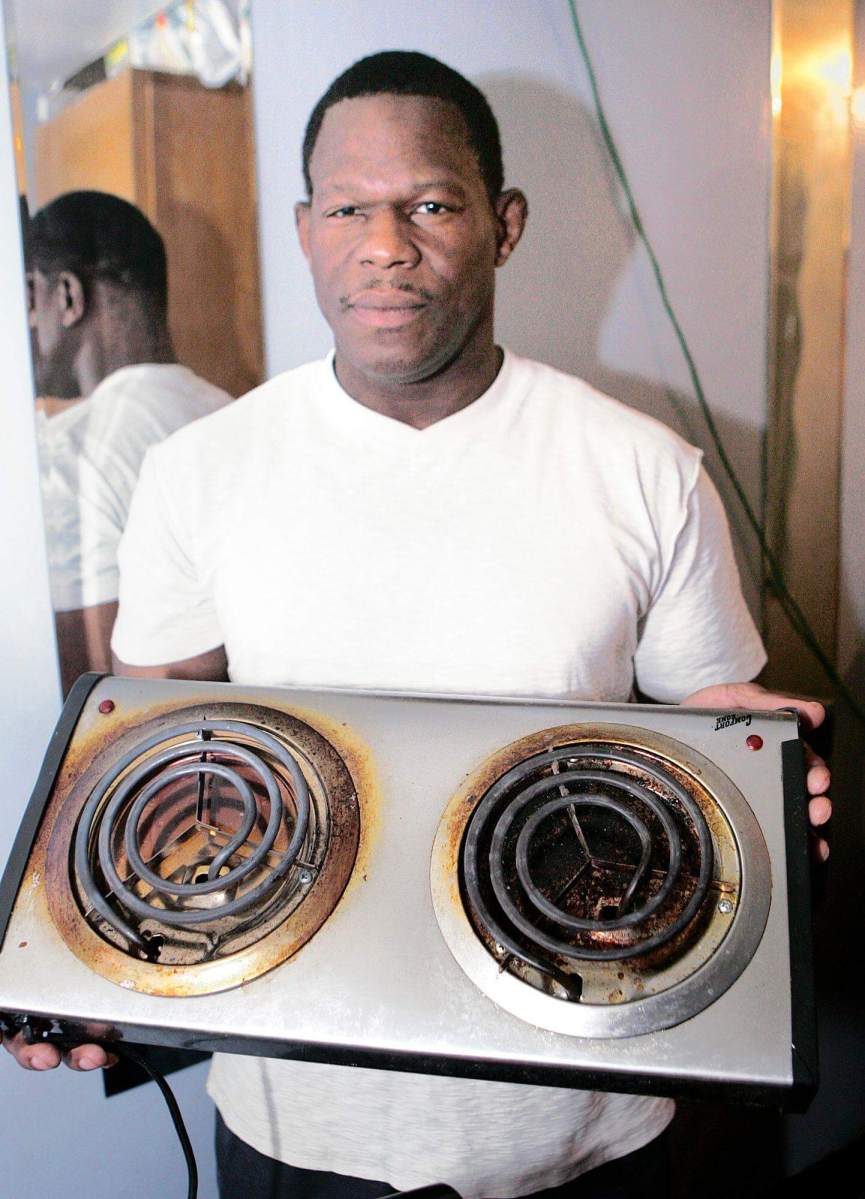By Connor Adams Sheets
The residents of the James A. Bland Houses in Flushing have been angry lately at Con Edison and the utility’s handling of their basic necessities.
Specifically, residents of 80 apartments in one of the development’s five buildings are miffed they had to go without gas for their ovens since May 3.
Last week their travails finally came to an end, as a barrage of media coverage and attention by local elected officials put pressure on the New York City Housing Authority — Bland Houses residents’ landlord — and Con Ed to address the problem.
The utility began working to have all service resumed by early July 1, and by the end of the day “95 percent” of the building’s residents had their gas turned back on, according to Linda Sun, a spokeswoman for state Assemblywoman Grace Meng (D-Flushing).
A spokesman for Con Edison said he could only confirm that as of Tuesday “a majority” of the residents’ gas service had been restored.
On May 3, Con Edison said it noticed problems with existing piping that needed to be corrected immediately and that the work required temporarily shutting off gas service to residents of the building, at 40-25 College Point Blvd.
The work was supposed to take a relatively short amount of time and residents, led by Craig Kinsey, the tenant association’s president, expected to have their gas back on shortly thereafter.
But days became weeks became nearly two months, and soon the shortage had taken a heavy toll on residents’ wallets and lifestyles, said Kinsey, who lives in the 10-story affected building.
A personal trainer who does not eat fried foods, Kinsey said he had to purchase baked chickens and other foods at grocery stores and other locations, paying a higher price than he would have if he had simply been able to cook his food on his stove.
“There was no type of compensation for us having to buy quality foods because if we didn’t eat fried foods, we had to buy baked foods to accommodate our nutrition,” he said. “We even developed a small buddy system where people from other buildings would let us use their ovens to bake our foods.”
All residents were supplied with double-burner hot plates, which were fine in the short term, but as time passed, the residents began to feel the strain on their budgets, many of which were already tight because of the floundering economy, Kinsey said.
Some residents are also upset that when Con Ed came around to their apartments to fix gas connections, many did not have more than a couple days’ notice, meaning some of them had their locks cut while they were on vacation so that workers could enter, Kinsey said. They returned to find they had to pay for new deadbolts.
The inconvenience of not having gas combined with all the costs incurred by the residents have led Kinsey to determine that there must be some compensation provided by whichever entity caused the delay — be it NYCHA, Con Ed or another group.
“If we break something of theirs, we have to pay for it, but if they break something of ours, we also have to pay?” he asked. “The people are looking for the inconvenience, compensation for being forced to adjust to a different way of life. … We’re currently putting a petition together to sue someone for this situation. We expect a full investigation to find out who’s responsible, and as soon as we find out we’ll go after them in order to get some kind of compensation.”
Reach reporter Connor Adams Sheets by e-mail at csheets@cnglocal.com or by phone at 718-260-4538.































